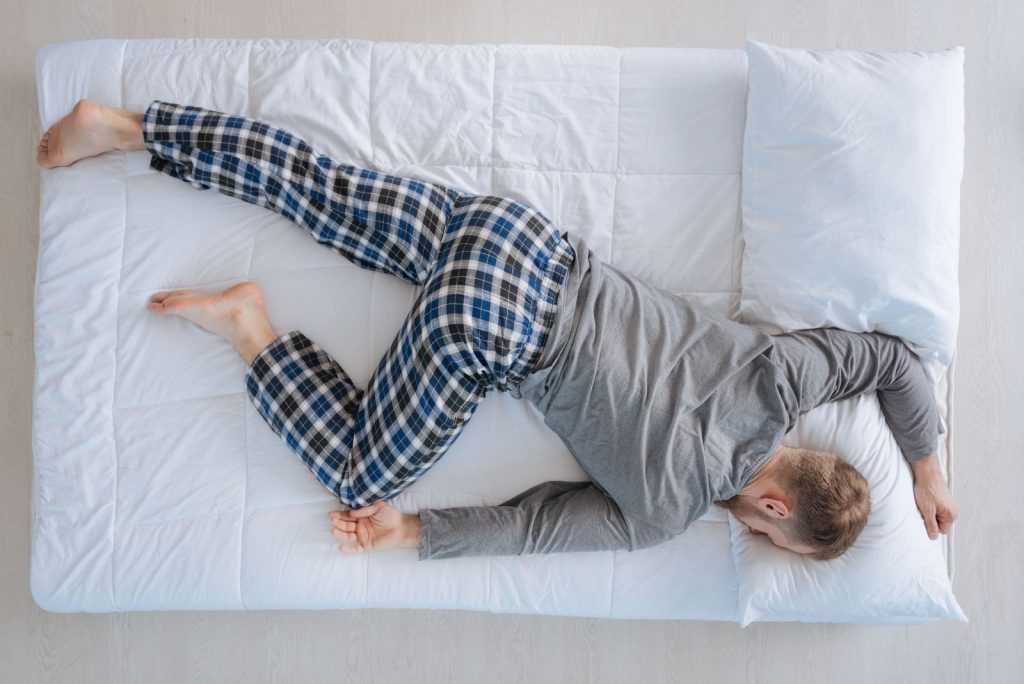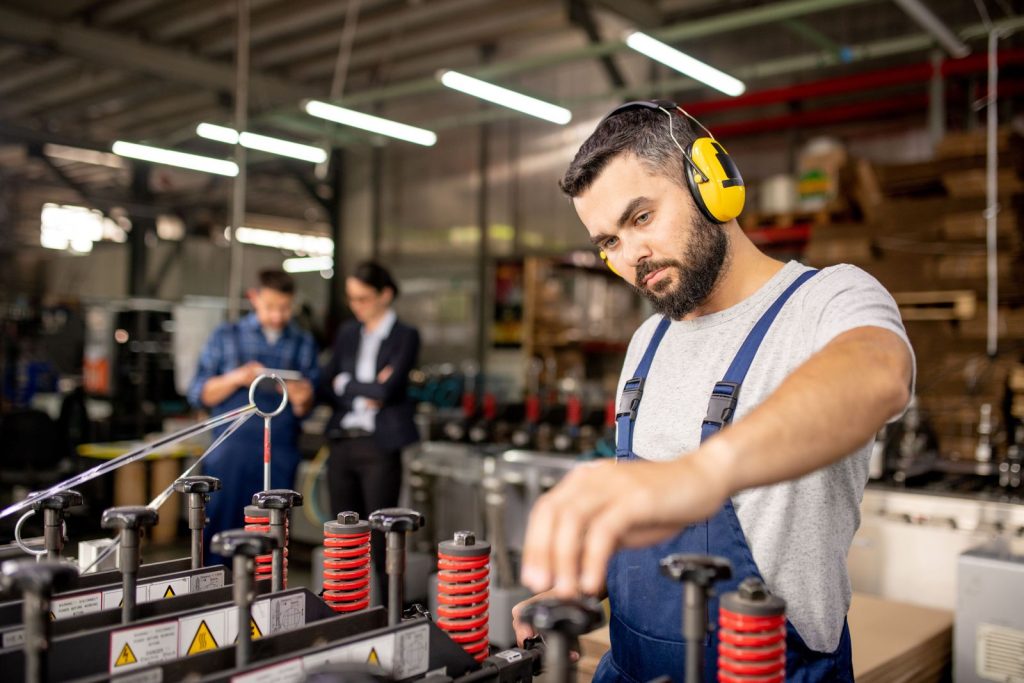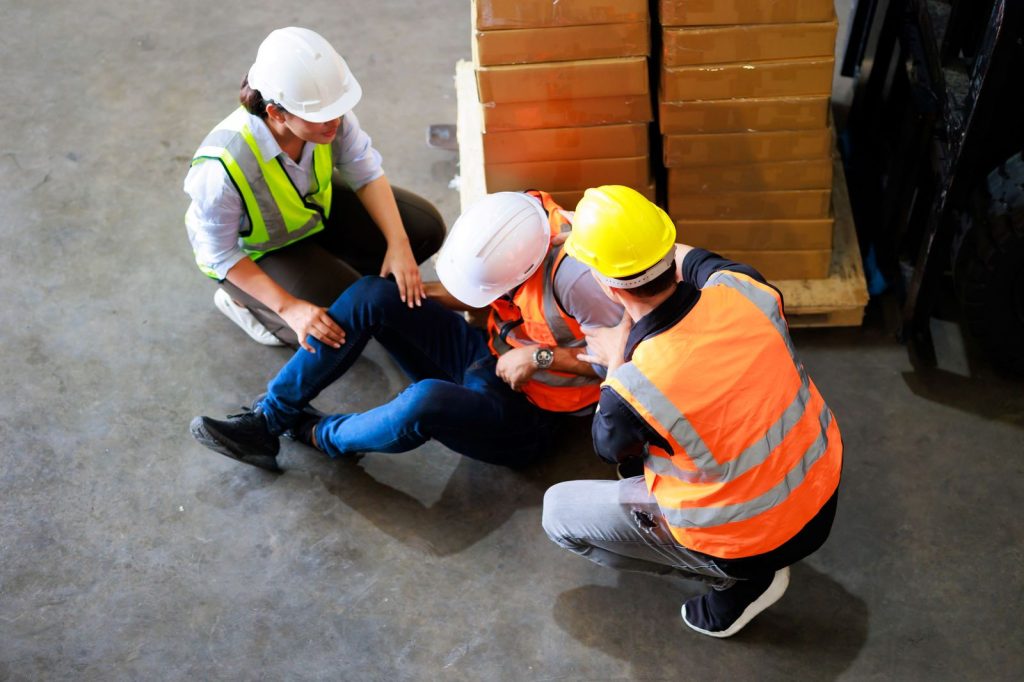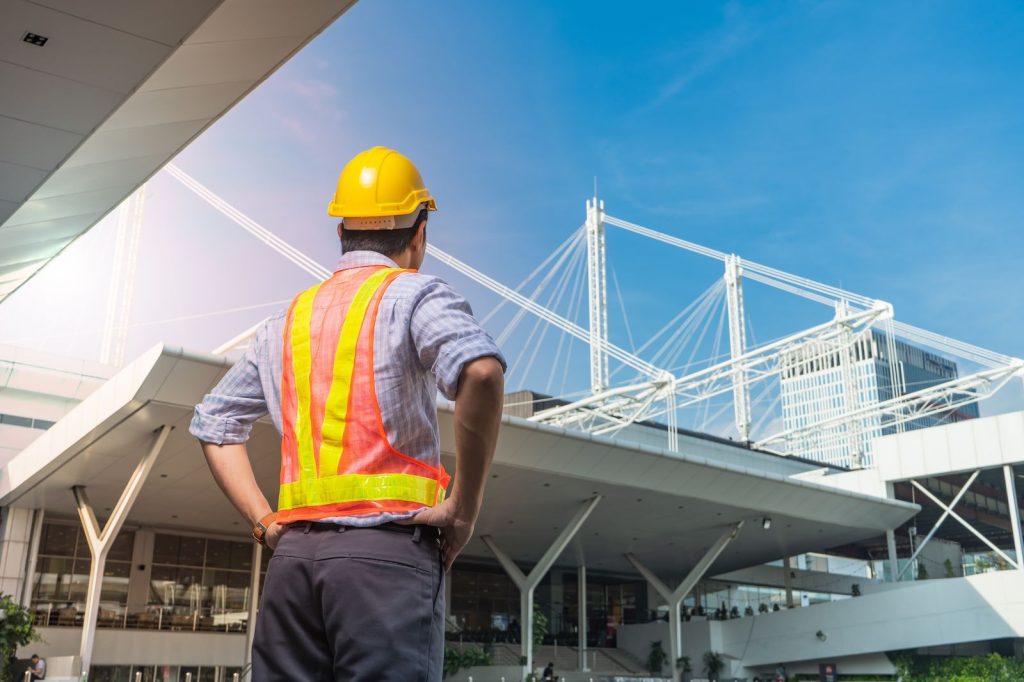Injury-Free Hotel Housekeeping
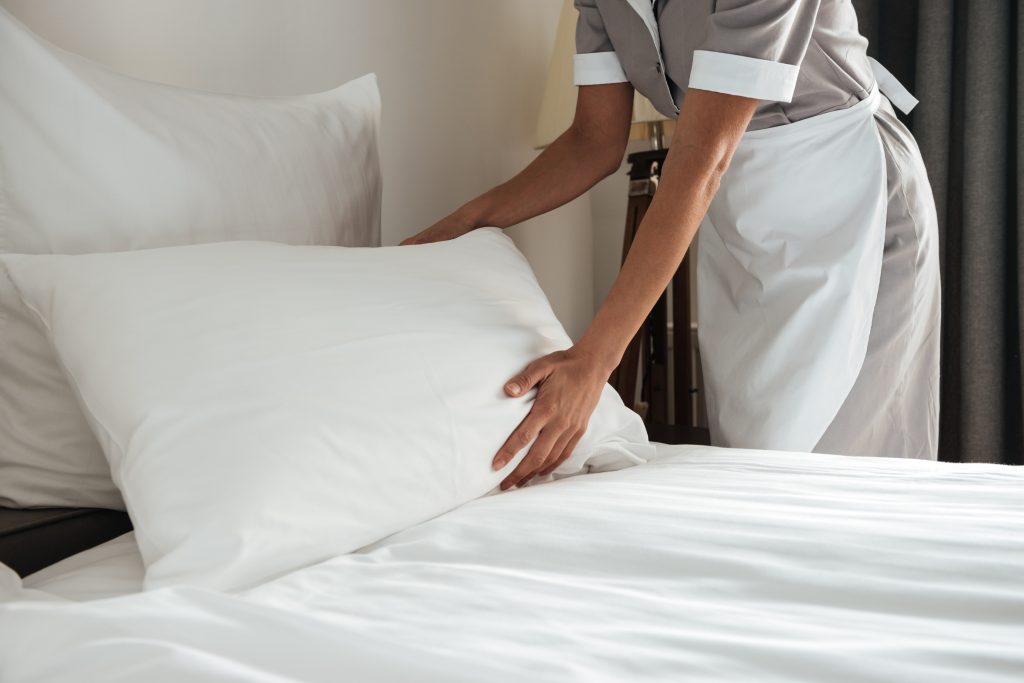
As a hotel executive, you know that the hotel industry is one that never slows down. Whether rooms are full due to conference attendees, vacation guests, business travelers, or those just passing through for a night, having to constantly flip and clean rooms while also keeping up with various demanding hospitality duties can be taxing for all employees. One of the most vital assets of any hotel’s workflow is its housekeeping staff.
Your housekeepers work tirelessly to meet the demands of guests, mostly from behind the scenes. Their rigorous tasks go above and beyond an expected timely room cleaning while ensuring the job is done thoroughly. They have many rooms to clean and spend a majority of their time bending, lifting, and reaching.
How serious are housekeeping injuries?
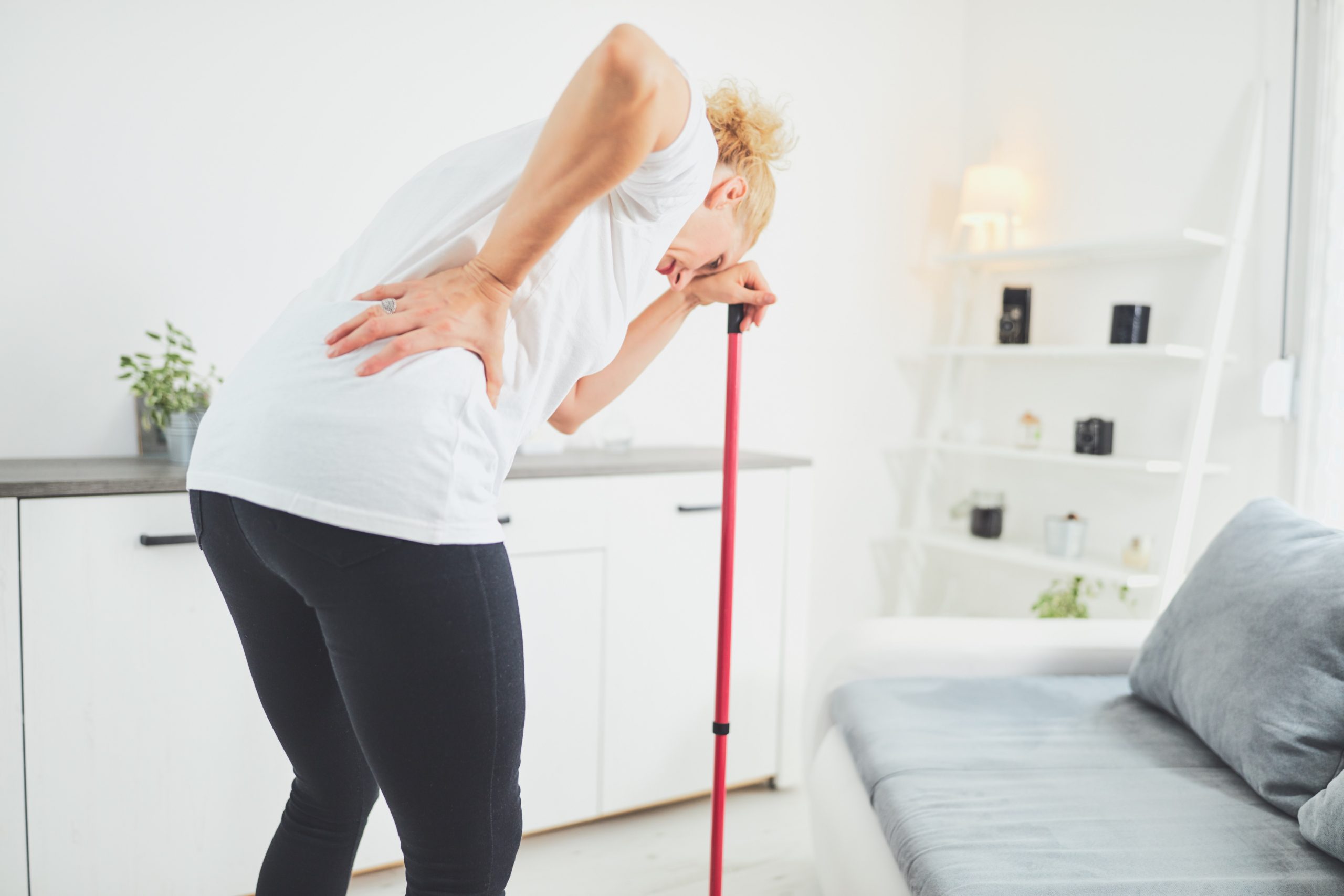
Due to their rigorous work, housekeepers are the most likely of your entire staff to suffer from an injury while on the job than any other hotel employee, resulting in a reported annual injury rate of about 7.9%. Over 90% of the 600 housekeepers polled claimed to suffer from work-related pain, 77% of which said that this pain interfered with their housekeeping duties. Just like those polled, many of your workers take a trip to see a doctor and receive medication for the pain and injuries. The likeliest factor? A heavy, physical workload and the need for speed.
What movements can affect a housekeeper negatively?
Housekeepers are constantly on their feet, using their arm and back muscles for extended periods of time, and moving their bodies in ways that can wear on them. When cleaning a room, housekeepers are constantly squatting to pick up items off the floor, stooping and bending to clean hard-to-reach places as well as change bed sheets, reaching high to dust and clean for extended periods of time, twisting their back to vacuum and scrub, etc. They are constantly performing tasks in and outside of their power zone, and quickly. Cumulative trauma is physical damage that is experienced over time based on constant muscle strains. According to the Occupational Safety and Health Administration, housekeepers have the highest rate of cumulative trauma injuries within the hospitality industry.
Tips on how to keep your housekeepers safe through proper ergonomics
Your housekeepers are vital to the success of your business. So how can you protect your workers – and your bottom line? Educating your staff, especially housekeepers on how to perform tasks with proper alignment is a great starting point! This proactive approach will decrease the overexertion done on the job. Some examples include:
- Stay in your power zone. Store heavy/ most-used equipment between your hips and chest where there is more body strength. Line up your body with the path of the vacuum to minimize awkward, twisted posture. Try to keep dirty linens and towels off the ground as much as possible. This decreases the amount of bending needing to be done. Try to do most work at waist level to decrease bending, i.e. lift the trashcan onto a higher surface to clean it vs. leaving it on the ground. Stand in the tub when cleaning as it will lessen the reach to clean the wall tile.
- Use two hands. Push carts with both hands to eliminate twisting or overexertion on one side. Alternate hands when vacuuming to allow each side rest.
- Keep it light. Replenish the supply cart often as to eliminate weight on the cart. Continuously empty the vacuum bag to lower the force at which you have to push it.
These methods will help decrease the pain and soreness felt on housekeeper’s bodies, especially when they have over 15 rooms to clean per day.
Other tips
There are a variety of ways outside of proper alignment that can help keep your employees injury-free:
- Ensure they wear appropriate shoes that have supportive soles and slip-resistant bottoms.
- Advise them to warm up their bodies before starting work just as they would with a workout.
- Stretching during and after work, as with exercise, can help alleviate strain built up throughout the day.
Occupational health and safety in hotels is crucial to maintaining a proper work flow, and Work-Fit wants to help you ensure the health and safety of your employees within the hotel industry. Contact our team of professionals today to see how we can tailor a program for your hotel staff.
Recent Blogs
- Return to Work Support Ensures Seamless Transitions After Injury
- 3 Ways Ergonomics Helps Prevent Workplace Injuries
- How Industrial Athletes can Protect Their Spine Health
- Reduce Employee Health Costs With On-Site Care
- Why Your Company Parking Lot May Be an Overlooked Injury Risk
